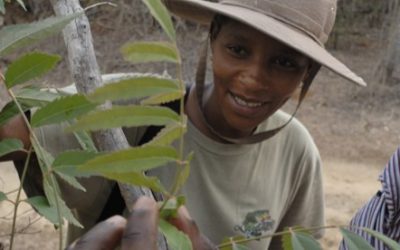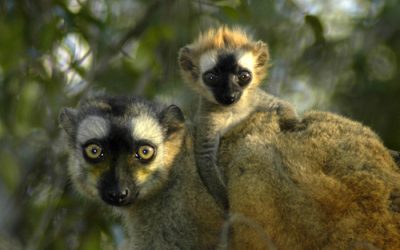Citizen Science is gaining popularity as a means of engaging the public in collecting data that can tell us how the nature on our doorstep is faring. As well as helping research, citizen science data can play a big role in supporting national conservation agenda. In Africa, there is a huge potential to use citizen science for monitoring the continent’s precious biodiversity to help with conservation management. However, this potential has yet to be fully tapped because of a lack of capacity. In response, the Tropical Biology Association will run a pioneering 5- day training course to be hosted at the Nairobi National Museums from 8th to 12th April 2019. Participants will learn how to analyze, interpret and present citizen science data in a way that is relevant for decision making.
The demand for this training was huge; over 200 passionate African citizen science managers applied for the workshop. The 22 we selected are working on diverse citizen science projects – from mammals to birds, plants to reptiles, dragonflies to seahorses. Such a dynamic forum will provide them with a unique opportunity to share experiences and ideas on how they can use and amplify their work for greater impact in conservation. The participants come from non-governmental organizations, universities, research and conservation institutions, and government research departments in 9 African countries.
“In addressing this capacity gap, the workshop will be a huge boost for citizen science in Africa. It will give a new cohort of citizen science managers the skills they have been requesting – in analyzing and communicating citizen science data – which will transform their ability to influence policy and conservation management generally” says TBA Director Dr Rosie Trevelyan
The training is being designed and delivered in collaboration with the British Trust for Ornithology, the University of Cambridge, the National Museums of Kenya, and the Kenya Bird Map Committee–led by the museums and involving A Rocha Kenya, Nature Kenya, and the Tropical Biology Association with technical support from the Animal Demographic Unit of the University of Cape Town. The training is funded by the Cambridge Conservation Initiative and is a 3 year collaboration that will build the capacity of citizen science community in Africa, through events in Kenya and the UK.



